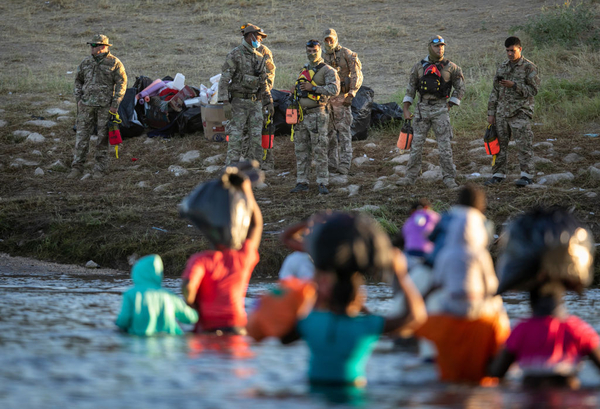|
In this mailing:
by Judith Bergman
• July 20, 2016 at 6:00 am
- "All the
bullying happens in Arabic... The hierarchy of the Arab boys creates
a very violent environment. ... I have filmed the particularly vile
bullying of a Somali boy. You can see the tears in his eyes. They
are destroying him; it is very violent. " — From a dissertation
by Jalal El Derbas, Ph.D.
- Danish teachers
are the least respected and are spoken of in denigrating and
humiliating terms.
- "I am not
saying that all the Arab children did ugly things, but we witnessed
on a regular basis... using derogatory Arabic language towards
Somalis and girls." — Lise Egholm, former head of the
Rådmandsgade school in Copenhagen.
- Whether Danish
parliamentarians wish to acknowledge this problem or not, they are
up against far wider issues than that of religious incitement in
mosques by radical preachers.

After the documentary "Sharia in Denmark"
embarrassed Danish authorities, the government reached a new a political
agreement, which Danish Member of Parliament Naser Khader supported,
saying, "this stops hate preachers from coming to Denmark, preachers
who only want to come here in order to sow discord between population
groups and who encourage violence, incest and pedophilia."
After the television documentary, "Sharia in Denmark",
embarrassed Danish authorities by revealing how widespread the preaching
of sharia is in mosques in Denmark, the Danish government, in May,
concluded a political agreement about "initiatives directed against
religious preachers who seek to undermine Danish laws and values and who
support parallel legal systems".
"We are doing everything we can without compromising the
constitution and international agreements," Bertel Haarder, the
Minister for Culture and Church, said about the political agreement.
The agreement centers on a number of initiatives, which are supposed
to compensate for the detrimental effects of all the years in which
sharia was allowed to spread in Denmark while most authorities paid only
scant attention to what was happening. Part of the new effort, therefore,
will be the mapping of all existing mosques in Denmark.
by Douglas Murray
• July 20, 2016 at 4:00 am
- With the
prospect of another Labour leadership election now gathering pace,
tens of thousands more activists have joined the Labour party. It
seems unlikely that they will be "moderates."
- The election of
an Islamist-sympathising, terrorist-sympathising, Israel-bashing
hardliner at the head of the second largest party in the House of
Commons undoubtedly changes the parameters of political discourse in
the UK.
- However solidly
Theresa May's new Conservative government performs, it will always
seem the point -- so long as Corbyn is in office -- that you are
either for Britain or against it, for the Conservative party or
against the country.
- A fractured and
in-fighting opposition also means that there is no meaningful,
organised voice challenging the government in Parliament. That
principle -- the principle on which our system is based -- needs to
work well even (perhaps especially) if you support the government of
the day, because the government of the day needs to be kept alert to
error and on top of sensible criticisms if it is going to pass the
best legislation it can for the country.

UK Labour party leader Jeremy Corbyn (left) appears at
a press conference with left-wing campaigner Shami Chakrabarti (right),
to present the findings of an inquiry into the Labour party's
anti-Semitism, June 30, 2016.
Herbert Stein's law, "Things that cannot go on, won't," is
one of the best laws of politics. It works for fiscal issues and it
usually works for politics as a whole. The British Labour party, however,
is currently working to try to disprove this rule. To do them justice
they are having a good stab at doing so, which suggests that the maxim
should perhaps be re-written: "Things that cannot go on sometimes
do."
|































No comments:
Post a Comment